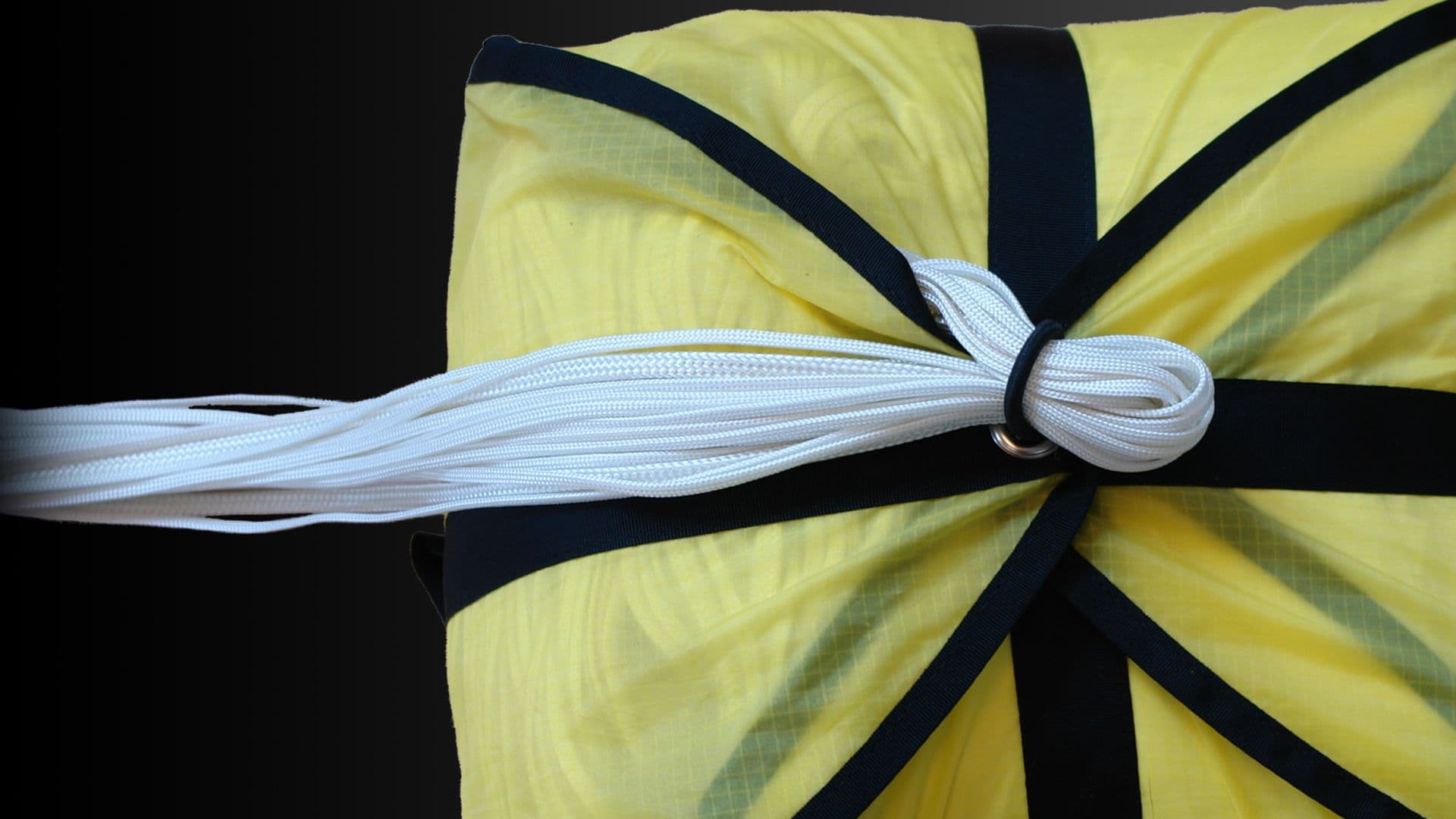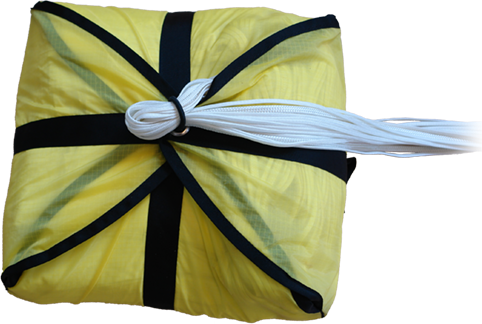Paramotor


Everyone needs an Angel… even though no one really wants to use theirs.
Product Info
Everyone needs an Angel… even though no one really wants to use theirs. However, the fact is that when the time comes, the most important factors are safety and stability with a low sink rate for a gentle and controlled descent. The Angel 140 is certified to 140kg, meaning that even a pilot with a total in-flight weight of 140kg will have a stable descent of near or less than the tested result of 5.24m/s, and most pilots will have a slower descent with this size. The high stability and low sink rate, coupled with its affordable price and light weight make it a safe and popular choice for pilots of all abilities.
When it comes to stability and safety in round reserves, there is no substitute for surface area. For that reason, all sizes of the Angel are “big” in terms of surface, while still very light, and provide plenty of margin for the weight ranges they are certified to carry. In its three sizes, the Angel covers all pilot weights up to 140kg (total suspended inflight weight, including reserve). It is certified EN and LTF to the EN 12491 and LTF 91/09 standards. The Angel is available in 2 bridle options: Y bridle (for harnesses with no bridles) and Short Bridle (for harnesses with integrated bridles).
Although light, the Angel has been fully optimised for safety and reliability rather than weight. When it comes to parachute construction, weight saving often compromises safety – for example thinner, lighter line sets can and do fail in certain deployment configurations due to friction cuts. The Angel’s polyamide lines are burn resistant to 200 C, while some other lightweight parachute lines are made from Dyneema and are only resistant to 80 C. This is an important distinction and we recommend that pilots educate themselves about the ultralight equipment that they use. Polyamide lines are far superior due to their elongation properties and burn resistance. The Angel’s materials have been chosen for optimum durability and damage-resistance for a greater margin of safety, even in the most extreme situations.
Specifications
| Size in kg | 95 | 110 | 140 |
|---|---|---|---|
| Number of Gores | 18 | 18 | 20 |
| Surface Area m2 | 25 | 29 | 37 |
| Apex lines Length mm | 5920 | 6505 | 7310 |
| Suspension Line lengths mm | 5505 | 6050 | 6800 |
| Upper Apex lines | 640 | 700 | 790 |
| Weight kg, incl. bridle | 1.5 | 1.71 | 2.07 |
| Certified Maximum load Kgs | 9.5 | 110 | 140 |
| Sink rate at Max Load m/st | 5.2 | 5.2 | 5.24 |
| Certification | EN & LTF | EN & LTF | EN & LTF |
| Size in kg |
|---|
| Number of Gores |
| Surface Area m2 |
| Apex lines Length mm |
| Suspension Line lengths mm |
| Upper Apex lines |
| Weight kg, incl. bridle |
| Certified Maximum load Kgs |
| Sink rate at Max Load m/st |
| Certification |
| 95 | 110 | 140 |
|---|---|---|
| 18 | 18 | 20 |
| 25 | 29 | 37 |
| 5920 | 6505 | 7310 |
| 5505 | 6050 | 6800 |
| 640 | 700 | 790 |
| 1.5 | 1.71 | 2.07 |
| 9.5 | 110 | 140 |
| 5.2 | 5.2 | 5.24 |
| EN & LTF | EN & LTF | EN & LTF |
* Weights may vary up to 50g per size due to slight variations in the manufacturing of the fabric used.
Bridle configuration: The Angel’s Y bridle (1.4m) attaches directly to the shoulder attachment points of your harness. No maillons are included (your harness will need to be fitted with 2 square or trapezoidal maillons, one for each shoulder attachment point). For more info please see the user manual.
MATERIALS
- Cloth: Porcher Sport PN9
- Lines: Edelrid A6798
- Risers: Gurth and Wolf 25mm
INNER POCKET
Standard clover leaf style.
SIZES
Up to 95kg/110kg/140kg
OPENING TIME
2.8 seconds


